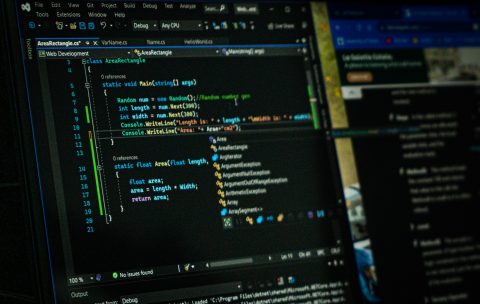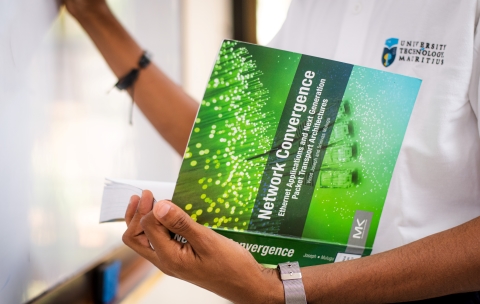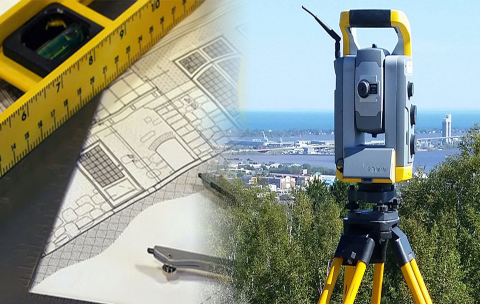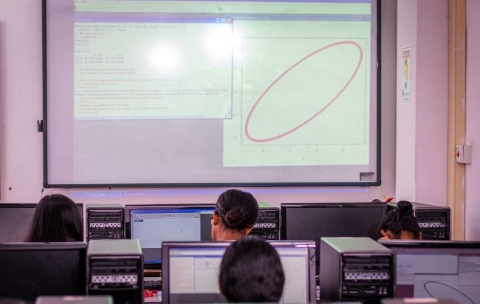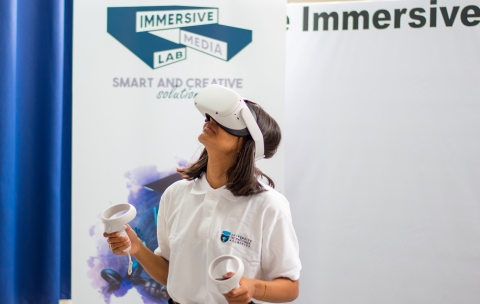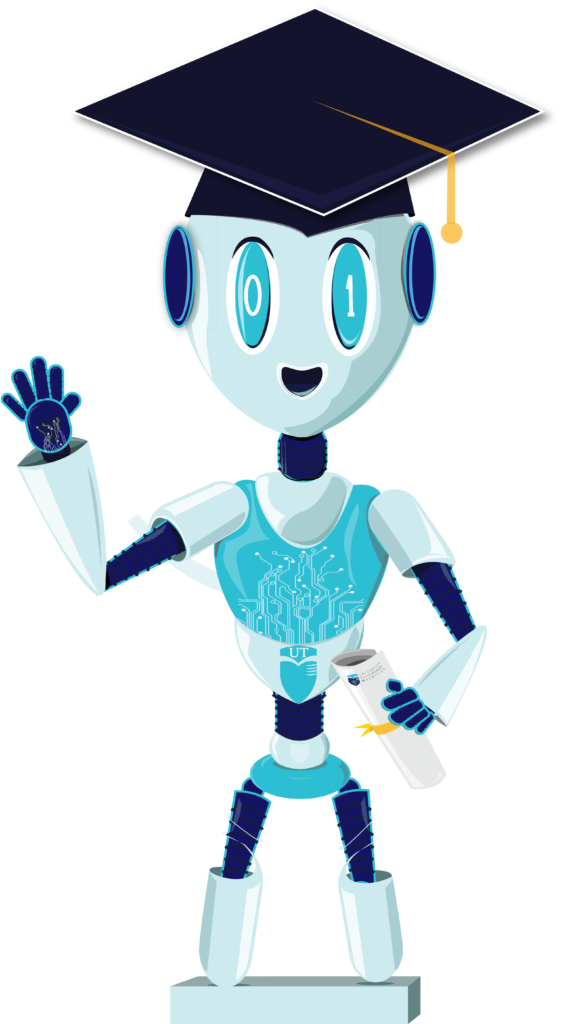BSc (Hons) Business Information Systems
Programme Information This programme of study aims at producing graduates …
BSc (Hons) Business Information Systems
What you'll learn
BSc (Hons) Land Surveying (Top-Up)
Learn the necessary skills to use of spatial information to …
BSc (Hons) Land Surveying (Top-Up)
What you'll learn
BSc (Hons) Mathematics
Programme Information The BSc (Hons) Mathematics programme lays focus on …
BSc (Hons) Mathematics
What you'll learn
BSc (Hons) Financial Engineering
Program Information Financial engineering is a multidisciplinary field, based on …
BSc (Hons) Financial Engineering
What you'll learn
BSc (Hons) Business Statistics
Businesses are being driven forward by data analytics. Business analytics …
BSc (Hons) Business Statistics
What you'll learn
BA (Hons) Film and Video Production
The BA (Hons) in Film and Video Production was designed …
BA (Hons) Film and Video Production
What you'll learn
BEng (HONS) Telecommunication Engineering
Programme Information: This programme is designed to integrate telecommunication systems …
BEng (HONS) Telecommunication Engineering
What you'll learn
BEng (Hons.) Electronic Engineering
Programme Information Nowadays, it is almost impossible to find a …
BEng (Hons.) Electronic Engineering
What you'll learn
BSc (Hons) Network and Telecommunication Technologies
This BSc (Hons) Network and Telecommunication Technologies programme emphasizes an …
BSc (Hons) Network and Telecommunication Technologies
What you'll learn
BSc (Hons) Emerging Technologies (Top-Up)
This BSc (Hons) Emerging Technologies Top-Up programme is designed to …
BSc (Hons) Emerging Technologies (Top-Up)
What you'll learn
BSc (Hons) Software Engineering
Software plays a critical role in almost every field of …



